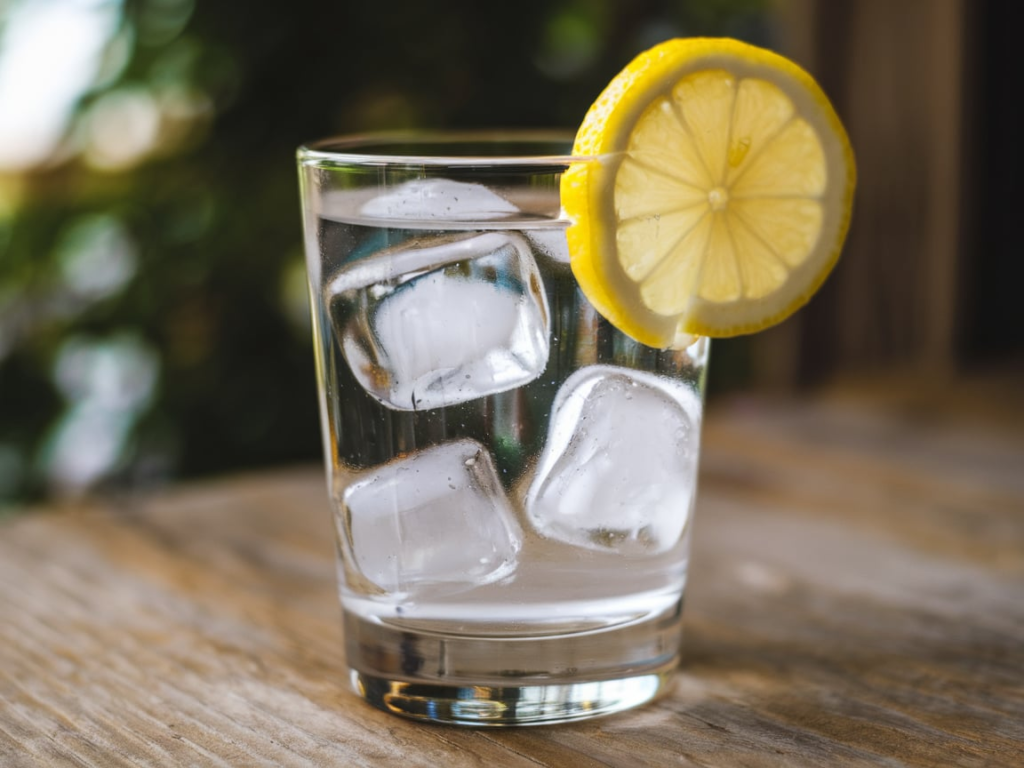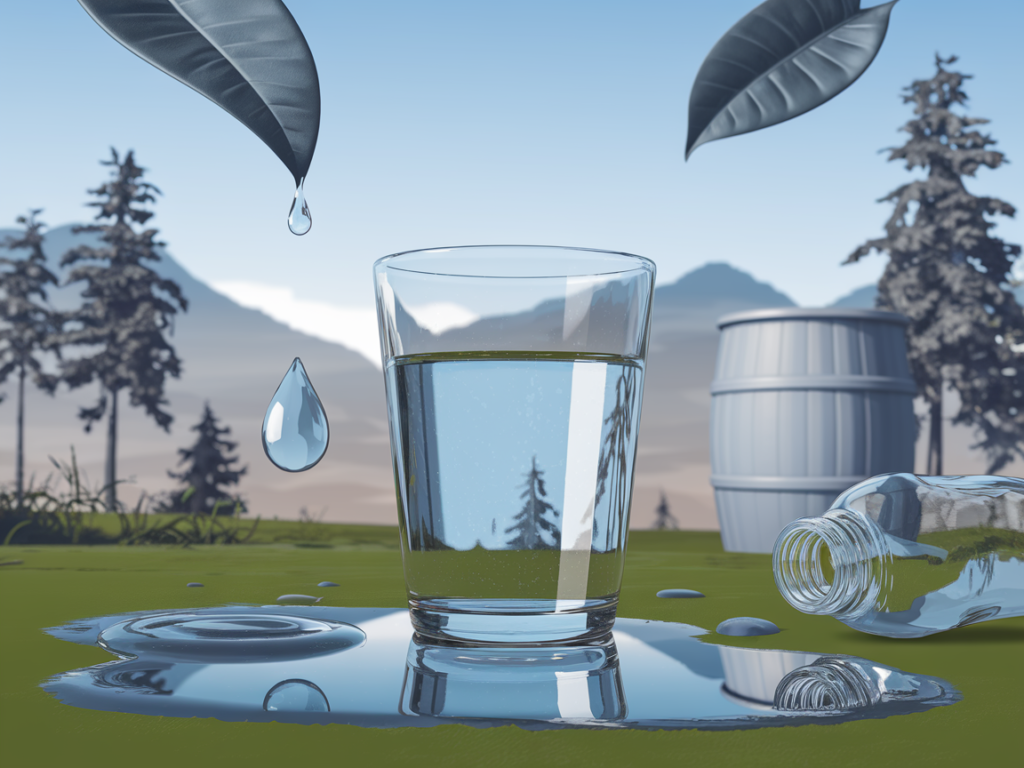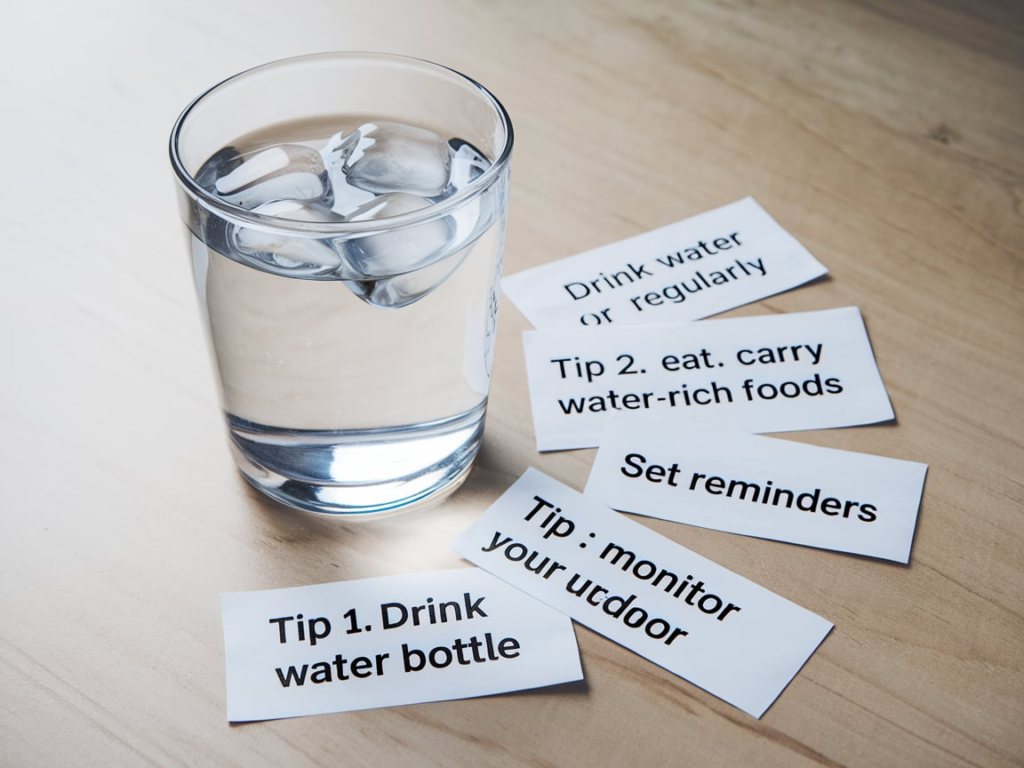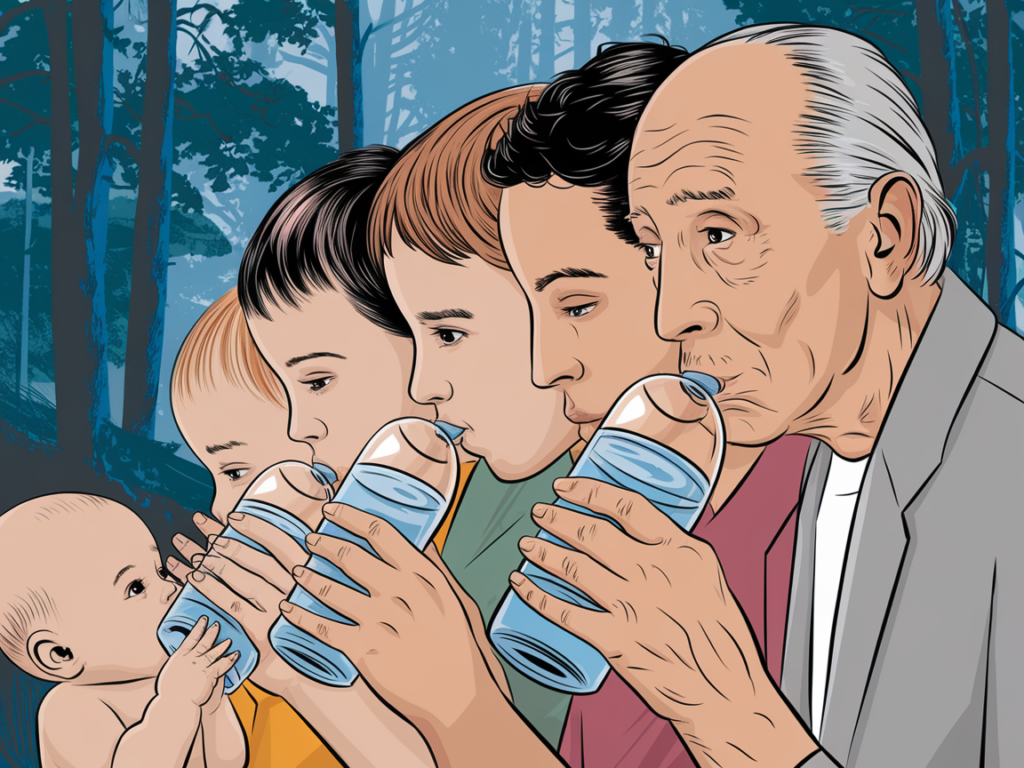Hydration is one of the fundamental aspects of human health, yet it is often overlooked. Water is essential for nearly every bodily function, from regulating body temperature to facilitating digestion and nutrient absorption. In this article, we will explore the importance of hydration, the consequences of dehydration, tips for staying hydrated, and much more.
1. Understanding Hydration

Hydration refers to the process of maintaining the balance of fluids in the body. Water makes up about 60% of an adult’s body weight and is crucial for various physiological processes. While food provides some hydration, it is primarily water that maintains the body’s fluid balance.
1.1 The Role of Water in the Body
Water serves many essential functions in the body:
- Temperature Regulation: Water helps maintain body temperature through sweating and respiration.
- Transportation of Nutrients: It is a medium for transporting nutrients and oxygen to cells and removing waste products.
- Joint Lubrication: Water acts as a lubricant for joints, aiding in mobility and reducing the risk of injury.
- Digestion: Water is necessary for the digestion of food and absorption of nutrients in the gastrointestinal tract.
- Cognitive Function: Adequate hydration supports optimal brain function, impacting mood, memory, and focus.
2. The Benefits of Staying Hydrated

Staying properly hydrated offers a myriad of health benefits, including:
2.1 Physical Performance
Hydration plays a critical role in physical performance. Even mild dehydration can impair endurance, strength, and overall performance. Athletes and physically active individuals must pay special attention to their fluid intake, especially during intense workouts or competitions.
2.2 Weight Management
Drinking water can aid in weight management by promoting satiety and reducing overall calorie intake. Sometimes, our bodies confuse thirst for hunger, leading to unnecessary snacking. Drinking water before meals can help control appetite and prevent overeating.
2.3 Skin Health
Proper hydration contributes to healthy, glowing skin. Water helps maintain skin elasticity and can reduce the appearance of wrinkles. Dehydrated skin may appear dull and prone to irritation.
2.4 Kidney Function
The kidneys play a crucial role in filtering waste products from the blood. Adequate hydration supports kidney function and helps prevent kidney stones and urinary tract infections.
2.5 Improved Mood and Cognitive Function
Research has shown that even mild dehydration can affect mood, increase fatigue, and impair cognitive function. Staying hydrated can help maintain focus, memory, and overall mental clarity.
3. Recognizing Dehydration

Dehydration occurs when the body loses more fluids than it takes in. It can lead to serious health complications if left unaddressed. Common signs and symptoms of dehydration include:
- Thirst: A primary indicator that the body needs more fluids.
- Dark Urine: Urine color is a good indicator of hydration levels; dark yellow urine usually indicates dehydration.
- Fatigue: A feeling of tiredness or lethargy can be a sign of insufficient hydration.
- Dizziness or Lightheadedness: Lack of fluids can lead to decreased blood volume, causing dizziness.
- Dry Skin and Lips: Dehydration can result in dry, cracked skin and lips.
3.1 Consequences of Chronic Dehydration
Chronic dehydration can lead to severe health issues, including:
- Kidney Damage: Long-term dehydration can lead to kidney stones and renal failure.
- Heat-Related Illnesses: Insufficient fluid intake increases the risk of heat exhaustion and heat stroke.
- Impaired Cognitive Function: Chronic dehydration can lead to long-term cognitive deficits, affecting memory and learning.
- Digestive Issues: Dehydration can contribute to constipation and digestive problems.
4. How Much Water Do You Need?

The amount of water needed varies depending on several factors, including age, gender, activity level, and climate. The commonly recommended daily intake is:
- About 3.7 liters (125 ounces) for men
- About 2.7 liters (91 ounces) for women
These recommendations include all fluids consumed, not just water. It is important to listen to your body’s signals and adjust your intake based on individual needs.
4.1 Factors Influencing Hydration Needs
Several factors can influence hydration needs:
- Physical Activity: Increased activity levels require more fluid intake to replace lost fluids through sweat.
- Climate: Hot or humid weather increases fluid loss through sweat, necessitating higher hydration levels.
- Diet: High-protein or high-fiber diets may require increased water intake for proper digestion.
- Health Conditions: Certain medical conditions, such as fever or vomiting, can increase fluid needs.
5. Tips for Staying Hydrated

Staying hydrated can be easily incorporated into daily routines with a few simple strategies:
5.1 Carry a Water Bottle
Having a reusable water bottle on hand makes it easy to drink water throughout the day. Consider using a bottle with measurements to track your intake.
5.2 Set Reminders
Use smartphone apps or alarms to remind yourself to drink water regularly, especially if you often forget.
5.3 Infuse Your Water
If you find plain water boring, consider infusing it with fruits, herbs, or vegetables for added flavor. Popular combinations include lemon and mint or cucumber and basil.
5.4 Eat Water-Rich Foods
Many fruits and vegetables have high water content and can contribute to hydration. Consider incorporating foods like watermelon, cucumbers, oranges, and strawberries into your diet.
5.5 Monitor Your Urine Color
Pay attention to the color of your urine as a simple indicator of hydration. Aim for light yellow; dark urine is a sign you need to drink more fluids.
5.6 Drink Water Before Meals
Drinking a glass of water before meals can help control appetite and ensure adequate hydration.
6. Hydration and Different Life Stages

Hydration needs can vary throughout different stages of life. Understanding these needs can help ensure optimal health.
6.1 Infants and Children
Children are more susceptible to dehydration due to their higher metabolic rate and smaller body size. Ensure they drink water regularly, especially during physical activity or hot weather.
6.2 Pregnant and Nursing Women
Pregnant and breastfeeding women have increased fluid needs. It is crucial for these women to stay adequately hydrated to support both their health and the health of their child.
6.3 Older Adults
Older adults may have a decreased thirst response, making them more vulnerable to dehydration. Encourage regular fluid intake, even if they do not feel thirsty.
7. Conclusion
In conclusion, hydration is a vital aspect of maintaining good health and well-being. By understanding the importance of staying hydrated and implementing simple strategies to meet your hydration needs, you can support your body’s functions, enhance physical performance, and improve overall health.
Make hydration a priority in your daily life, and enjoy the countless benefits it brings. Remember, your body is a precious resource; treat it well by ensuring it stays hydrated!
FAQs on Hydration
1. Why is hydration important?
Hydration is essential for maintaining bodily functions, including temperature regulation, nutrient transport, digestion, and cognitive performance.
2. How much water should I drink daily?
The general recommendation is about 3.7 liters (125 ounces) for men and 2.7 liters (91 ounces) for women, including all fluids consumed.
3. What are the signs of dehydration?
Common signs include thirst, dark urine, fatigue, dizziness, and dry skin or lips.
4. Can I hydrate through food?
Yes, many fruits and vegetables, such as watermelon and cucumbers, have high water content and contribute to hydration.
5. How can I stay hydrated throughout the day?
Carry a water bottle, set reminders to drink, infuse water with fruits for flavor, and consume water-rich foods.
6. Does climate affect hydration needs?
Yes, hot and humid weather increases fluid loss through sweat, necessitating higher hydration levels.
7. Are there special hydration needs for children?
Yes, children have higher fluid needs due to their smaller body size and higher metabolic rates, making them more susceptible to dehydration.
8. What should I do if I feel dehydrated?
Increase your fluid intake by drinking water and consuming hydrating foods, and rest if you feel fatigued or dizzy.



